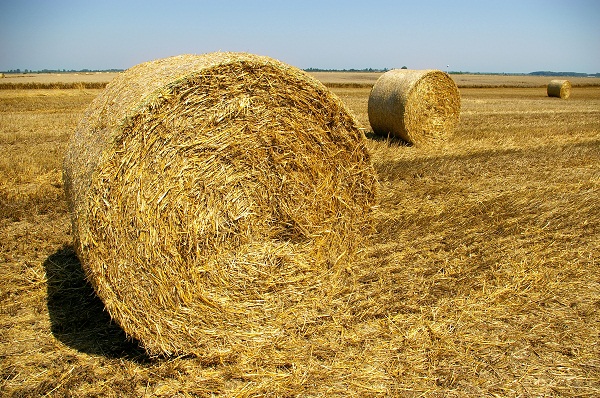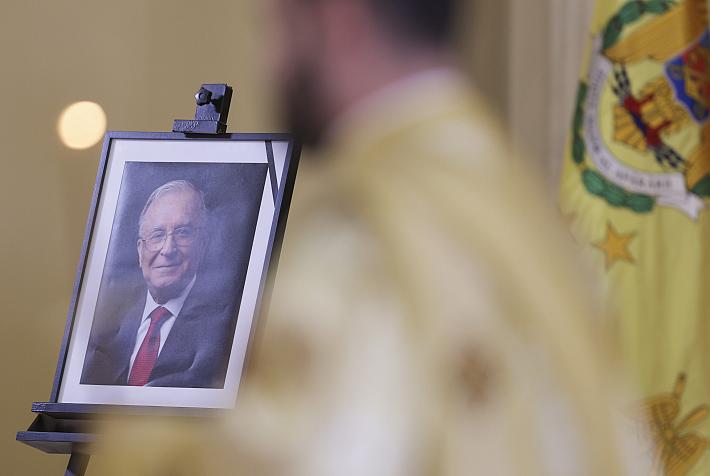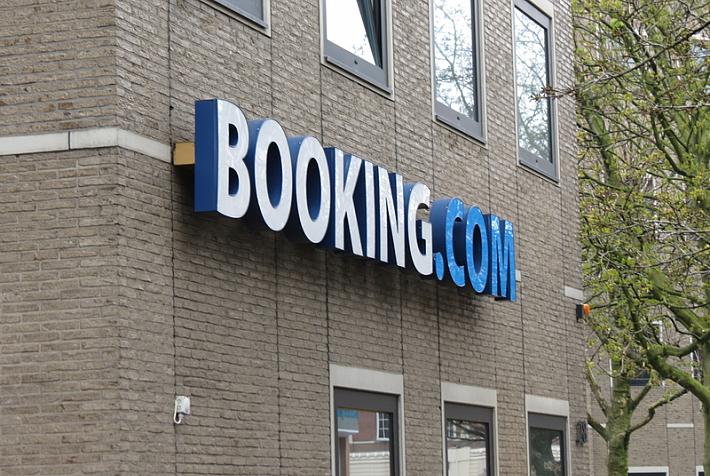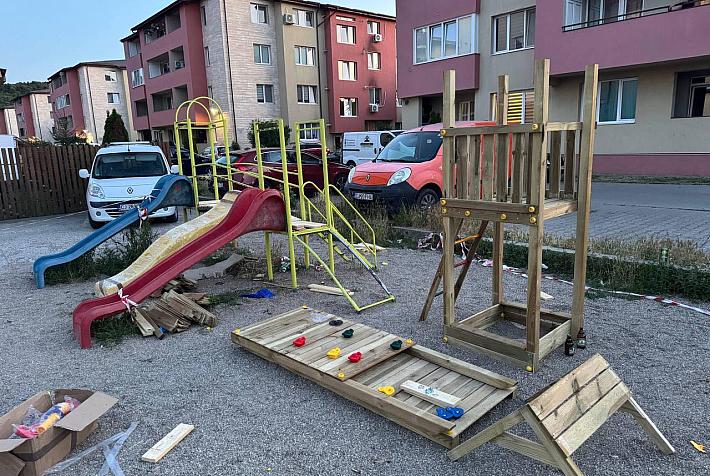Romania plans land bank to control ownership of its agricultural land

 Setting up a land bank with first refusal on agricultural land, which could then be leased to young people, might be a way to stop foreigners from buying up agricultural land in Romania, said Agriculture Minister Stelian Fuia.
Setting up a land bank with first refusal on agricultural land, which could then be leased to young people, might be a way to stop foreigners from buying up agricultural land in Romania, said Agriculture Minister Stelian Fuia.
“We want to set up a land bank that would have the pre-emption right to acquire agricultural land. It is the only way to make sure agricultural land stays under local ownership. The bank would have the right to buy land off the market and then lease it to young people,” said Fuia. The project is still in development, and no clear data about how it would be funded has been given.
Other countries have similar 'banks', in most cases state agencies sell or lease land for a better control of production.
The minister has also said Romania has little chance of blocking foreigners from buying land plots in the country after 2013, when the country is supposed to open its market, as agreed in the EU accession treaty.
“There has been a lot of talk about what we should do to block the sale of plots to foreigners from 2013 onwards,” said the Minister. He added that those who comment should read the accession treaty, which, he said, would show that “the chance of placing an embargo on land purchase by foreigners is almost zero.” Despite predicting failure for an embargo attempt Fuia added, “this doesn’t mean we will not try.”
The minister himself said in February this year that Romania intends to block foreign access to its agricultural land market from 2013 onward, when the terms of Romania’s EU accession treaty deem that the market should be opened, allowing foreigners to buy land in the country without having to set up a local company first.
Stelian Fuia then said he was planning to extend the ban after 2013, by changing Romania’s accession treaty. At present, foreigners can only buy land in Romania through companies set up locally, and not as individuals. From 2013, they should have the right to buy land directly in Romania, according to the current accession treaty.
The rational of the rules and restrictions is to protect Romania from a wave of foreign buyers taking advantage of low prices and eventually controlling Romania’s agriculture. The price of agricultural land in Romania was between EUR 1,500 and EUR 2,500 per hectare in 2010, and although prices reached EUR 4,000 to EUR 5,000 per hectare in some areas in 2011, land prices were still among the lowest in the European Union. The price per hectare can reach EUR 10,000 and even EUR 15,000 in countries with developed agriculture sectors.
Foreign companies own some 700,000 hectares of land in Romania, around 8.5 percent of the country’s plough-able area, according to data previously releases by Romania’s Agriculture Ministry.
editor@romania-insider.com











